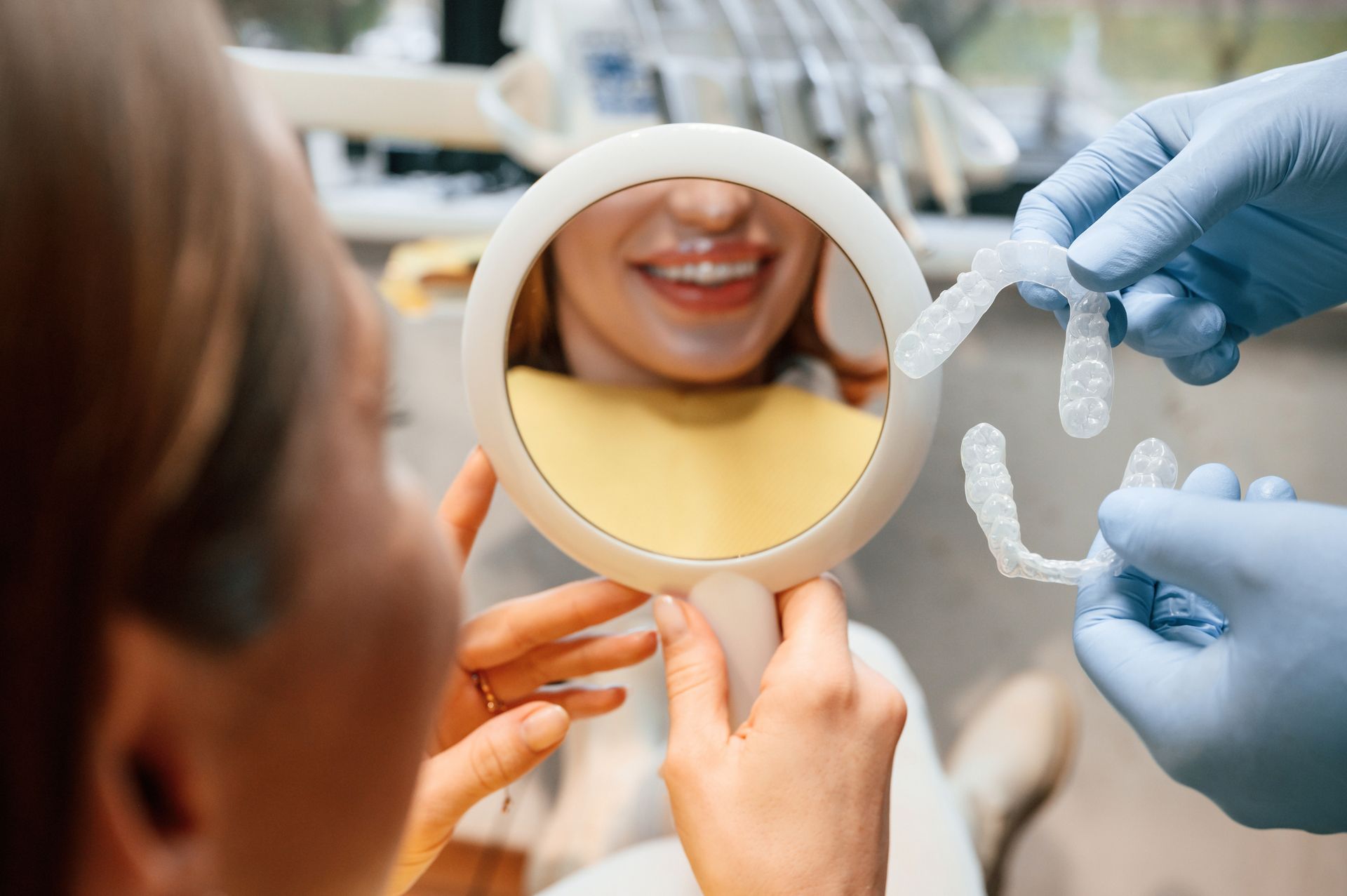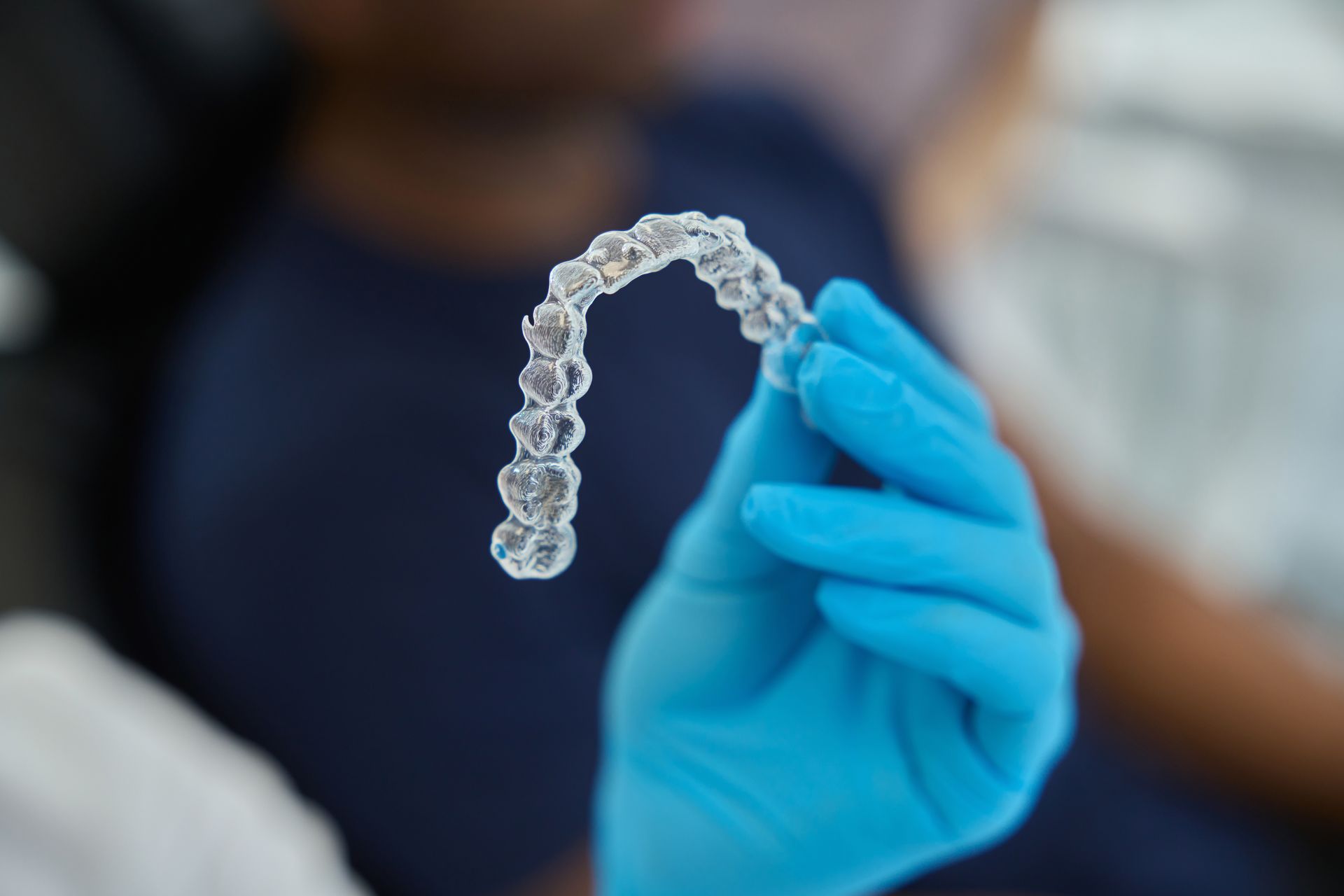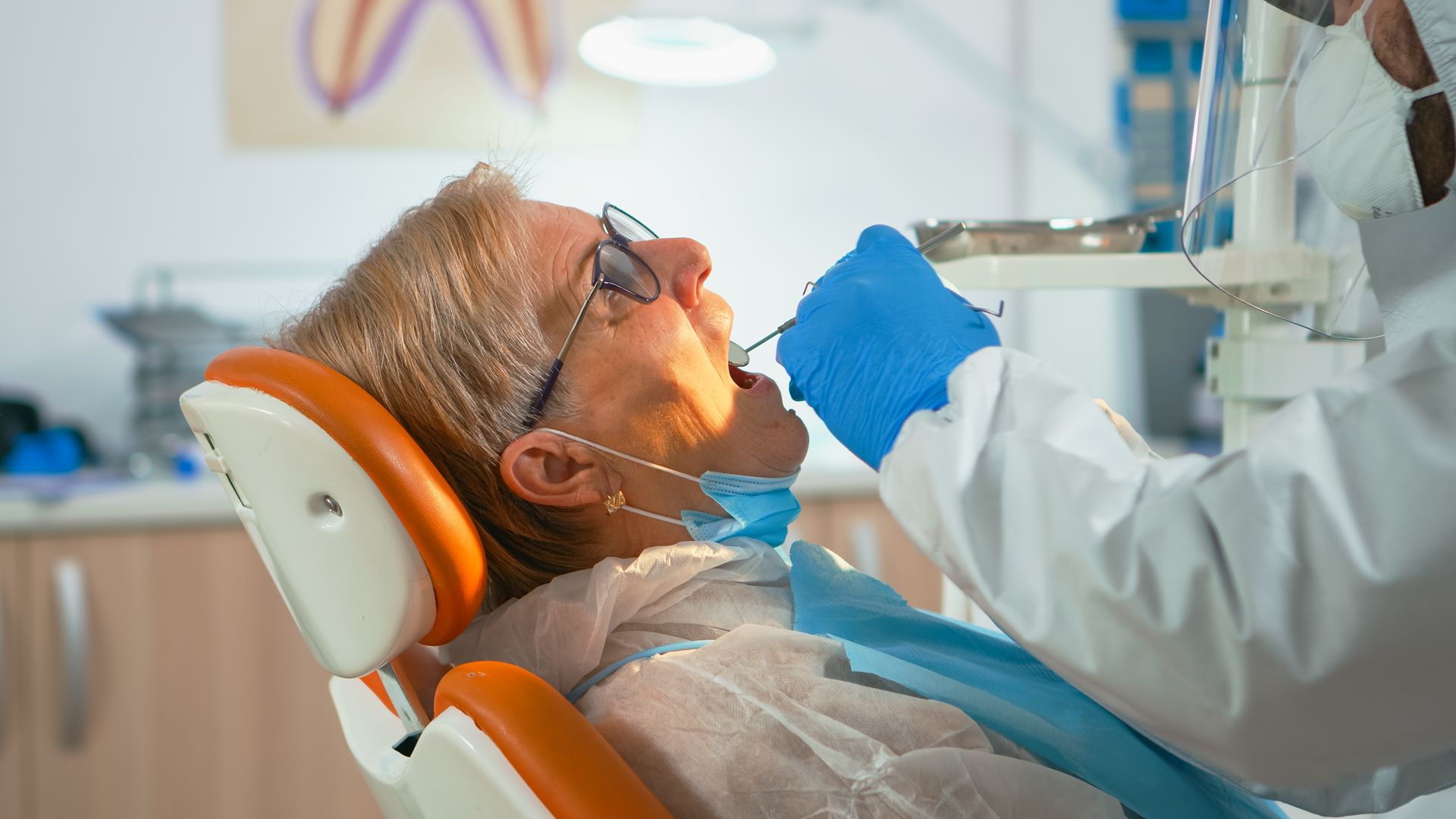Can You Still Get Cavities After Getting Veneers?

Veneers are one of the most popular cosmetic dental treatments available today. They offer an immediate transformation—whiter, straighter, and more symmetrical teeth. But despite their many benefits, one common question patients ask is: Can veneers get cavities?
The short answer: No, veneers themselves can’t get cavities—but the teeth beneath them absolutely can. This article explains why that happens and how to prevent it.
What Are Veneers and How Do They Work?
Dental veneers are thin shells—typically made from porcelain or composite resin—that are bonded to the front surface of your natural teeth. They're primarily used to improve the look of your smile by correcting discoloration, minor misalignments, chips, or gaps.
Although veneers cover the visible part of the tooth, they don’t wrap around the entire surface. That means your natural tooth structure, especially the areas not covered by the veneer, is still exposed and susceptible to decay.
Can You Get Cavities with Veneers?
Yes, you can still get cavities even after getting veneers. While the veneer itself won’t decay, the underlying natural tooth can still develop cavities—especially around the margins or underneath the veneer if oral hygiene is lacking.
Decay can occur when plaque and bacteria accumulate along the gumline or between teeth, where veneers don’t offer coverage. If that decay isn't caught early, it can compromise both your tooth and the veneer itself.
Why Cavities Can Still Develop After Getting Veneers
Here are some of the most common reasons why decay may still occur, even if your teeth are covered with veneers:
- Poor oral hygiene: Skipping brushing or flossing allows plaque and bacteria to build up, especially along the gumline or between veneered teeth.
- Bonding issues: If a veneer is not sealed properly, bacteria can seep in and affect the underlying tooth.
- Gum recession: As gums recede with age or from aggressive brushing, more of the natural tooth is exposed and becomes vulnerable to decay.
- Diet high in sugar and acid: Frequent consumption of soda, sweets, or acidic foods can erode enamel and promote cavities—even around veneers.
How to Prevent Cavities if You Have Veneers
Protecting your veneered teeth from cavities requires many of the same habits as protecting natural teeth:
- Brush and floss regularly: Use a soft-bristled toothbrush and fluoride toothpaste. Floss daily, especially around the gumline and between teeth.
- Use fluoride rinse: This helps strengthen the enamel of any exposed natural tooth structure and reduce bacterial buildup.
- Avoid sugary and acidic foods: Cut back on soda, candy, and citrus-heavy foods that can contribute to enamel erosion.
- Visit your dentist regularly: Professional cleanings and exams every six months help catch early signs of decay or gum problems.
- Wear a nightguard if needed: If you grind your teeth (bruxism), a nightguard can help prevent veneer damage and protect your enamel.
Signs of Problems You Shouldn’t Ignore
Early detection is key. If you notice any of the following symptoms, schedule a dental exam right away:
- Tooth sensitivity: Especially near the edges of your veneers or gumline.
- Discoloration around veneers: This may signal decay under or beside the veneer.
- Inflamed or bleeding gums: A sign of gingivitis, which can accelerate gum recession and increase cavity risk.
- Loose veneers: Could indicate underlying decay weakening the tooth or bonding.
Can Cavities Be Treated Without Replacing the Veneer?
In some cases, yes. If a cavity is caught early and is small, it can sometimes be treated without removing the veneer. Your dentist may be able to access and fill the cavity around the edges.
However, if decay has spread under the veneer, the restoration may need to be removed to properly clean the area and restore the tooth. In this case, a new veneer may be required afterward.
This is why routine exams and excellent oral hygiene are critical—even with cosmetic dental work.
Final Thoughts: Do Veneers Protect Against Cavities?
Veneers offer dramatic improvements in the look of your smile—but they do not make your teeth immune to decay. The natural tooth beneath the veneer is still vulnerable and requires regular maintenance and professional care.
If you're considering veneers or already have them, remember: they’re an investment worth protecting. Keeping your oral hygiene routine consistent and checking in with your dentist regularly will go a long way in preserving both your veneers and your underlying teeth.
Book a Consultation
Concerned about your veneers or want to know how to maintain them long-term? Our expert team at Ufberg Dental is here to help.
Schedule a consultation today to make sure your smile stays healthy, bright, and cavity-free.
Frequently Asked Questions
What happens when you get a cavity with veneers?
If you get a cavity on a veneered tooth, the decay affects the natural tooth structure underneath or around the veneer, not the veneer itself. Left untreated, the cavity can spread beneath the veneer, potentially requiring the veneer to be removed and replaced after treatment.
Do teeth go bad under veneers?
Yes, teeth can deteriorate under veneers if proper oral hygiene isn’t maintained. Plaque, bacteria, or decay can develop beneath or around the veneer, especially if the bond weakens or gums recede.
How to treat a cavity under a veneer?
Treatment depends on the extent of decay. Minor cavities may be filled without removing the veneer, but significant decay usually requires removing the veneer, treating the cavity, and then placing a new veneer. Early detection is key.
Can veneers damage your teeth?
When placed properly by a skilled dentist, veneers do not damage teeth. However, improper bonding, aggressive tooth preparation, or poor hygiene can lead to long-term issues such as decay, sensitivity, or enamel loss around the veneers.
How do you know if you have a cavity under veneers?
Common signs include:
- Tooth sensitivity or pain
- Discoloration around veneer edges
- Bad breath or a bad taste in your mouth
- Gum inflammation or bleeding
If you notice these symptoms, contact your dentist for an exam and X-rays.








